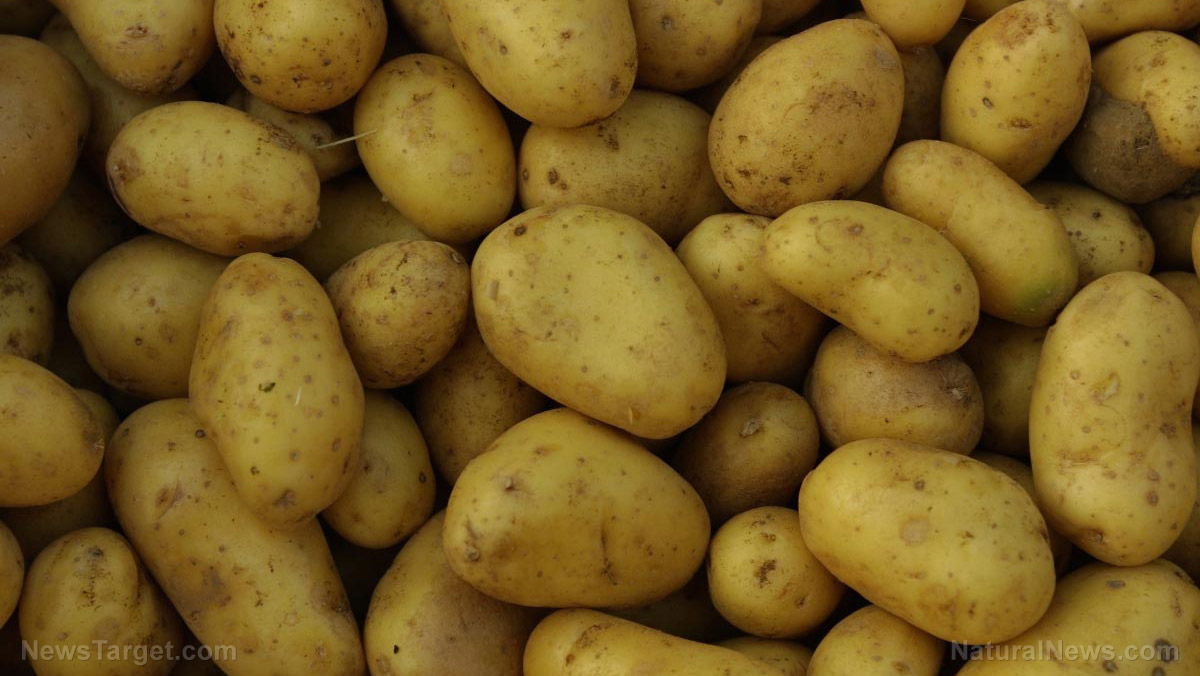
The key to the study, conducted by researchers from the Kenya Agricultural Research Institute (KARI), was the use of mini-tubers. These have the combined advantages of in vitro plantlets, which are disease-free and produced year-round, and traditional tubers, which are easy to store and transport. In addition, the mini-tubers production phase should also ideally generate a large number of additional potato mini-tubers.
Mini-tuber production has already been done using other methods, such as with hydroponic systems. But growing them using aeroponics would be more preferred in Kenya, owing to the country's drier climate. In addition to its limited use of water, aeroponics offers other benefits, such as better nutrient circulation and good monitoring of nutrients and pH levels.
The KARI study was published in the African Journal of Agricultural Research.
Building aeroponics for potatoes
For their study, the researchers built an insect-proof screen house measuring 9.4 by 8.4 meters (m). The screen house was covered with clear sheets with a shade net on top of the roof to help control temperatures.
Inside the screen house, they installed aeroponic boxes measuring 6.4 meters (m) in length, 1.5 m in width and 0.95 m in depth. The aeroponic boxes were insulated with styrofoam to prevent developing roots from being affected by temperature variations inside the screen house. The insides of the boxes were also lined with black plastic to prevent the plants' root systems from being exposed to light.
Each aeroponics box had side windows to allow for the monitoring and harvesting of the mini-tubers.
The plants were provided nutrients via a built-in fertilization system. This consisted of an underground plastic tank that contained a nutrient solution that was pumped into the boxes using a system of pipes and nebulizers.
Inside these aeroponics boxes, the researchers transplanted mini-tubers of five Kenyan potato varieties – Tigoni, Asante, Dutch Robjin, Kenya Mpaya and Desiree. The transplants were placed in the boxes at a density of 32 plants for every square meter.
Thirty days after transplanting, the researchers took their initial measurements of the heights of each plant. Following this, additional height measurements were taken every 10 days.
Forty days after transplant, the researchers started harvesting tubers that were larger than 15 millimeters in diameter. Further harvests were made every 10 days. During the final harvest, all tubers were removed regardless of their size.
While harvesting, the researchers divided the tubers into three size groups based on weight – those below 5 grams (g), those between 5.1 to 12 g and those weighing from 12.1 to 20 g.
The experiments were conducted over two growing seasons, the first season from March to September, and the second season from October to April. The differences between each season's outputs were also noted. (Related: Functional and efficient: Why vertical farming is being embraced by many farmers today.)
Identifying which potato varieties grow best with aeroponics
The KARI team noted that the five varieties achieved different plant heights at the end of the growing periods. At 80 days after transplanting, the Tigoni and Asante varieties were significantly taller than the others during both seasons.
In addition to height, the researchers also looked at the plant vigor of each variety. The Tigoni, Kenya Mpaya and Asante varieties were classified as very vigorous with very high amounts of plant foliage. Dutch Robjin and Desiree, on the other hand, only produced moderate amounts of foliage.
In terms of mini-tuber production, the Tigoni and Asante varieties were the ones that produced the highest number of mini-tubers per plant, at 62.2 and 51.3 mini-tubers, respectively, during the first season and 56.8 and 43.9, respectively, in the second season. Desiree was noted to be the variety that performed the worst, with less than 20 mini-tubers per plant in both growing seasons.
Based on their study, the KARI researchers noted that aeroponics is a viable method for growing potatoes, but only for certain varieties. They believe that more varieties will need to be evaluated to find out which ones are most adapted to aeroponics before embarking on large-scale farming.
For tips on how to improve crop yield, visit Harvest.news.
Sources include:
Please contact us for more information.























